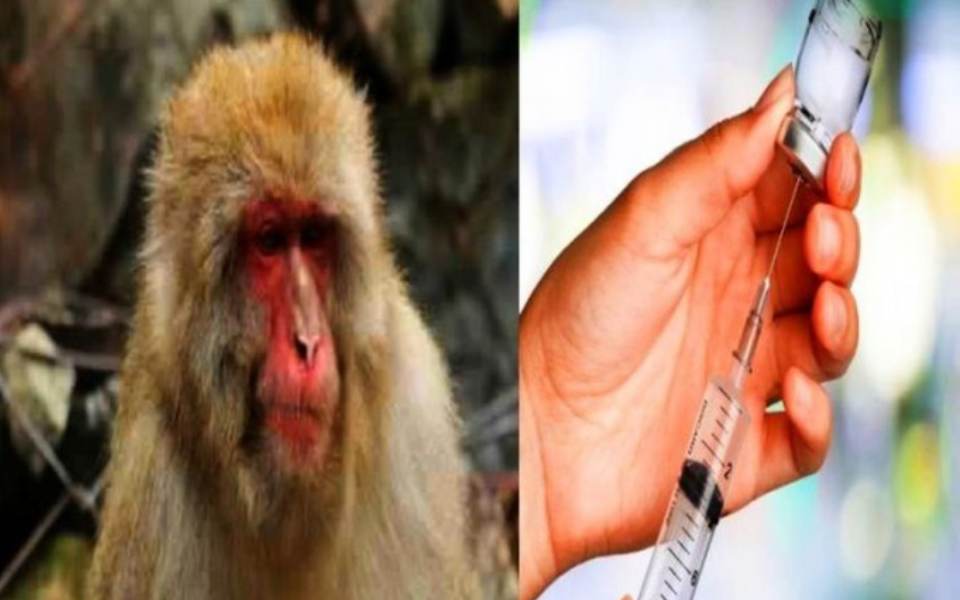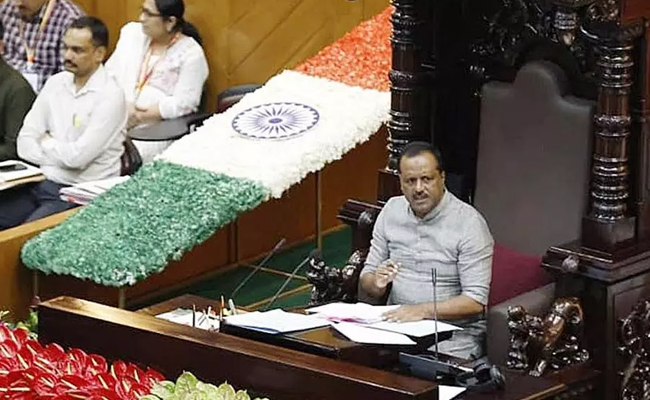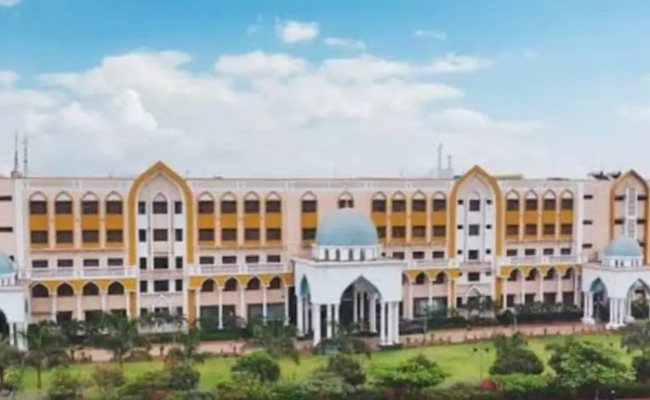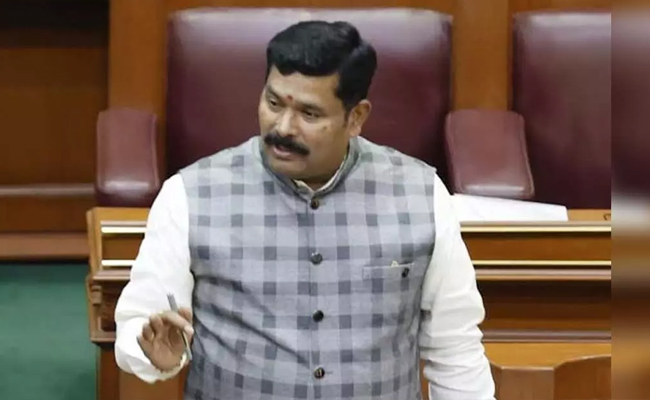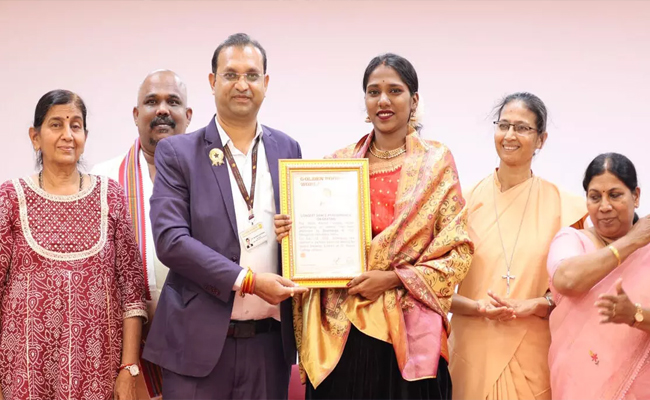Bengaluru, Feb 4: Two people have succumbed to Kyasanur Forest Disease so far in Karnataka this year, prompting Health department officials to hold meetings and review the preparedness to tackle spread of the viral infection.
According to the Health department, the first death due to Kyasanur Forest Disease (KFD), commonly known as monkey fever was reported in Hosanagar taluk of Shivamogga district on January 8 wherein an 18-year-old girl succumbed to the virus. The second fatality was reported at Manipal in Udupi district when a 79-year-old man from Sringeri taluk in Chikkamagaluru died in a private hospital.
So far, the state has witnessed 49 positive cases of monkey fever with a maximum of 34 cases being reported in Uttara Kannada district followed by 12 in Shivamogga and the remaining three in Chikkamagaluru district.
Amid an increase in the number of KFD cases and two deaths, Karnataka's Health and Family Welfare Commissioner D Randeep on Saturday visited Shivamogga and held meetings with health officials from Uttara Kannada, Shivamogga and Chikkamagaluru districts where cases of KFD have been reported, a senior Health official said.
ALSO READ: DK Shivakumar urges Centre to confer Bharat Ratna on late Shivakumara Swami
Randeep along with a team of senior officials from the state Health department reviewed the preparedness to tackle the spread of the viral infection.
According to the state Health Commissioner, from January 1 this year, the Health department has collected 2,288 samples from the affected districts where cases of KFD were reported and of them, 48 have tested positive for the disease.
"We have taken all precautionary measures and are working in close coordination with the officials on the districts where cases of KFD has been reported to prevent its spread. As of now, there is no vaccination available for the disease, so we need to be extra cautious. Awareness is being created about the precautionary measures to be taken to tackle the infection from spreading further. The vaccination provided earlier was found ineffective. So, we have approached ICMR for the vaccination," another senior health official said.
According to Health officials, monkey fever spreads due to the bites of ticks that generally survive on monkeys. This tick bites humans which causes the infection. Humans also contract the disease by coming in contact with cattle bitten by ticks.
The authorities are carrying out door-to-door awareness programmes about the precautions to be taken. Those living in and around the forest area need to be more careful as they are at high risk of contracting the disease, they said.
Let the Truth be known. If you read VB and like VB, please be a VB Supporter and Help us deliver the Truth to one and all.
Belagavi: Speaker U.T. Khader on Friday warned that members who disrupt Assembly proceedings by talking in their seats during debates will be made to sit in the House for an entire day as a disciplinary measure.
The warning came after the Question Hour, when Deputy Leader of the Opposition Arvind Bellad was permitted to initiate a discussion on the development of North Karnataka.
At this point, expelled BJP MLA Basanagouda Patil Yatnal objected, stating that he had been seeking a debate for the past three days but had not been given an opportunity.
ALSO READ: IndiGo board ropes in external aviation expert for flight disruption probe
Responding to the objection, Speaker Khader said Bellad had already been granted permission and assured Yatnal that he would be allowed to speak at the next opportunity. He noted that even as a serious discussion was underway, several MLAs were speaking among themselves with their microphones on, disrupting the proceedings.
Expressing displeasure over the conduct of members, Khader likened the situation to football, where players receive red, yellow, or white cards for violations. Similarly, he said, the Assembly issues warning cards to members who disturb the House. If they fail to correct themselves despite repeated warnings, they would be required to remain seated in the Assembly hall for a full day as punishment, he stated.

